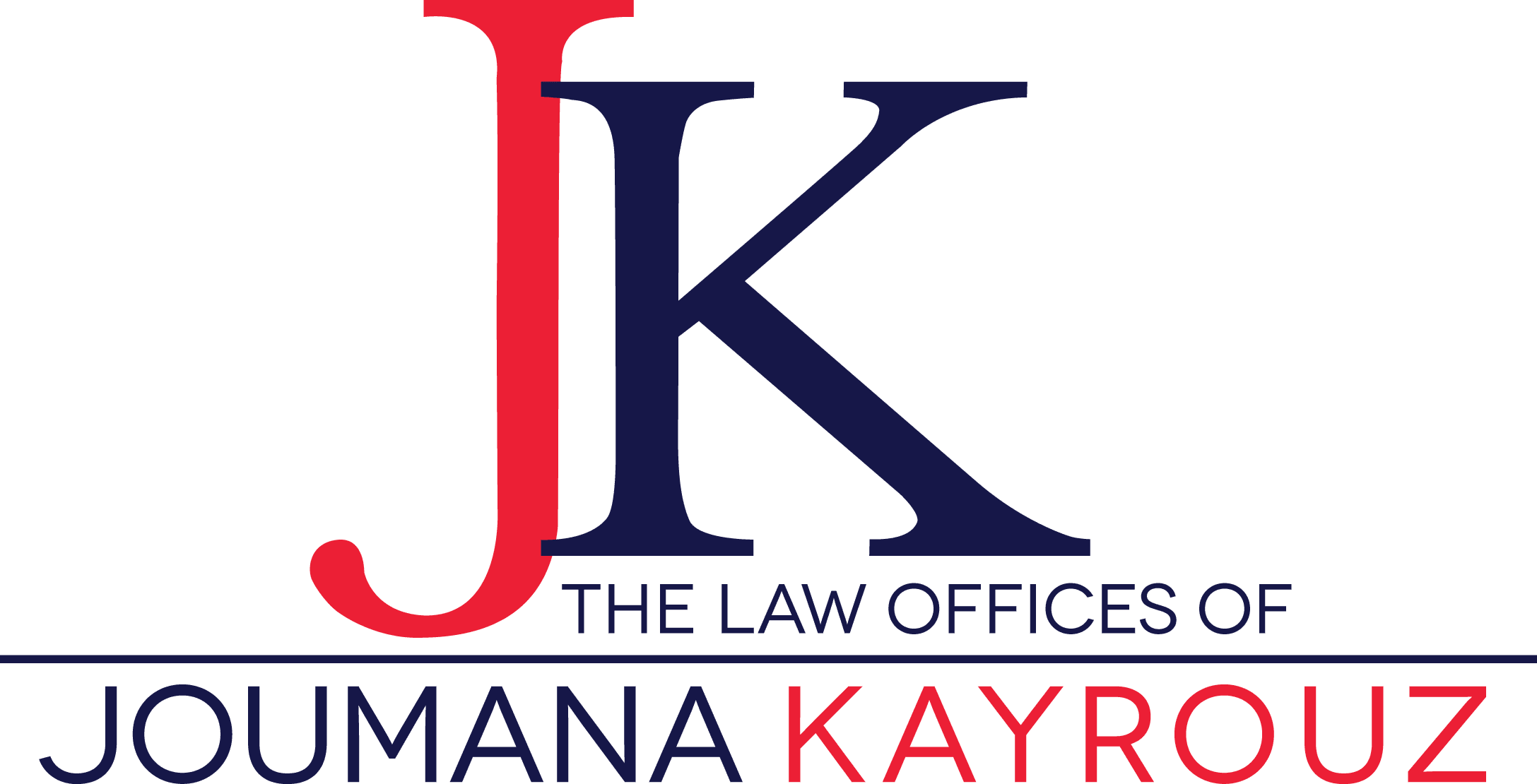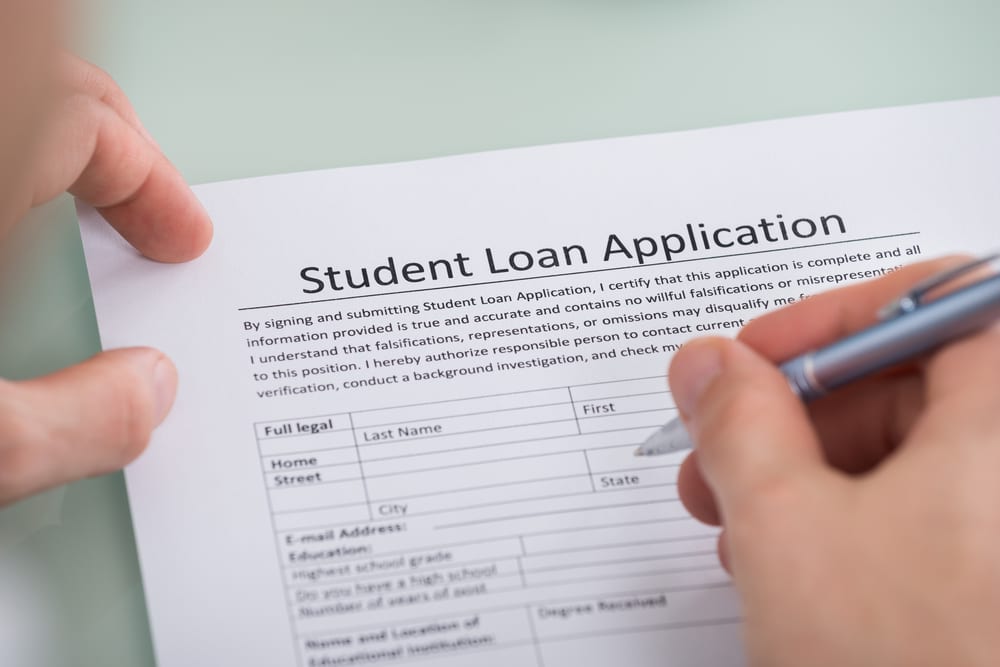Confirmation of a Chapter 13 Repayment Plan


For an explanation of what types of financial problems a Chapter 13 bankruptcy is good at resolving, see my article entitled “The Difference Between Chapter 7 and Chapter 13, and Which One Is Right For You.” When you file a Chapter 13 repayment bankruptcy, you have to proposed a repayment plan (“Plan”). The Plan is a detailed written statement of how you propose to repay your creditors. Your creditors each get a copy of the Plan and can object to the Plan if they do not like the way their debt is treated. Your Trustee can also object to your Plan. A Trustee is a person appointed by the Bankruptcy Court to administer your case.
When all of the objections to your Plan are resolved, the Plan can be confirmed. That means your Trustee and your creditors have signed off on what is known as the proposed Order Confirming Plan. Once the Trustee and your creditors have signed the proposed Order Confirming Plan, your Bankruptcy Judge will sign it. At that point the proposed Order Confirming Plan becomes the Order Confirming Plan. The Order Confirming Plan explains what changes had to be made to the Plan to resolve the objections. At that point the Plan is confirmed.
You begin making Plan payments within thirty days after the filing of your case. You make these Plan payments to your Trustee. These payments take the form of a payroll deduction from your pay checks. Sometimes the source of a person’s income is not from wages. Examples of non-wage income include pension, social security, and business income. When the source of your income is not from wages, the Plan payments take the form of an automatic deduction from your bank account each month. Your Plan payments pool up in an account at the Trustee’s office until the Plan is confirmed. Once the Plan is confirmed, the Trustee begins disbursing your Plan payments to your creditors. For an explanation of how the amount of your Plan payments is determined, see my article entitled “How Much Will I Have to Pay in a Chapter 13 Bankruptcy.”
There are some types of debt that you have the option of paying either inside the Plan by the Trustee or making the payment on that debt directly yourself outside of the Plan. Examples include mortgage payments and automobile payments. But you can only make these payments directly yourself outside of the Plan if you were current on the payments at the time your Chapter 13 repayment bankruptcy was filed. In the example of mortgage payments, if you were behind on the mortgage on the day the case was filed you cannot make your mortgage payments directly yourself outside of the Plan. In that case, the mortgage payments must be paid inside the Plan by the Trustee for the entire length of your Chapter 13 bankruptcy. Similarly, if you were behind on your automobile payments at the time your case was filed you cannot make your automobile payments directly yourself outside of the Plan.
It is important to note that there is no grace period in a Chapter 13 bankruptcy. For example: Your mortgage payment is due on the first of the month, you file a Chapter 13 bankruptcy on the third of the month, and then you make the mortgage payment on the fifth of the month. In that scenario, your Trustee will not let you make the mortgage payments directly outside of the Plan because you were not current on your mortgage at the time the case was filed. There is no exception to this rule, no matter how small the amount you are behind. I once saw an unpaid service fee in the amount of $1.19 on an automobile payment. Because the automobile payments were $1.19 behind on the day the case is filed, the automobile payments were required to be paid inside the Plan by the Trustee.
There are two hearings in a Chapter 13 repayment bankruptcy as part of the confirmation process: Your Meeting of Creditors and your Confirmation Hearing. For more information on your Meeting of Creditors, see my article entitled “What to Do at Your Meeting of Creditors.” You are required to attend your Meeting of Creditors. You are not required to attend your Confirmation Hearing, but it is certainly your right to attend all proceedings in your case. The purpose of the Confirmation Hearing is to determine whether all objections have been resolved, your Plan payment history is good, and your repayment Plan is consistent with the claims your creditors filed in your case.
The above information is a general overview and is not intended to be used as legal advice. If you are considering filing for bankruptcy, the best thing to do is call our office at 248-557-3645 and schedule a free consultation so you can receive advice which is tailored to your specific circumstances.
By: Michael Benkstein, Esq.
Managing Attorney, Bankruptcy Department
The Law Offices of Joumana Kayrouz, PLLC
380




